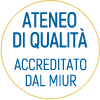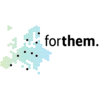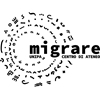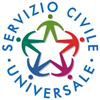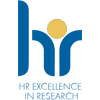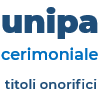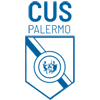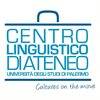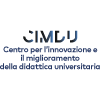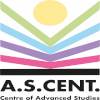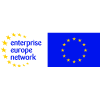Faculty of Science
Ascolta
LM-11 Conservation And Restoration Of Cultural Heritage
LM-11 Conservation And Restoration Of Cultural Heritage
LM-11 Conservazione e Restauro dei Beni Culturali
Educational objectives - professional opportunities for graduates
Graduates of this course should:
- Possess advanced knowledge of the scientific research method and techniques, as well as of data interpretation techniques for the research aiming at the recuperation, conservation and restoration of cultural heritage, even in complex realities and of the restoration methodologies;
- Possess advanced knowledge:
a) about the features, properties and degradation of materials constituting the cultural asset;
b) about the archaeometrical applications in various field of interest; - possess advanced competences in the field of museology and/or of conservation techniques;
- be able to organise the interactions among various disciplinary competences aiming at facing complex scientific issues with respect to the preventive conservation of cultural heritage;
- possess written and spoken fluency in at least one European Union language, besides Italian;
Graduates in this course might find professional opportunities in public and private agencies, where they might carry out the following activities;
- planning of interventions, identifying methods, materials, actions and techniques for the recuperation, conservation and restoration of cultural heritage;
- planning of conservation and restoration actions upon cultural assets, aiming also at facilitate their legibility, utilisation and knowledge;
- full planning of diagnostic protocols for the conservation of cultural heritage;
- management of diagnostic and/or conservation plans for ultural heritage;
- design and organisation of scientific museums, “science towns”, parks, scientific exhibitions;
- cooperation to the design and realisation of information systems processing data related to cultural heritage.
In the execution of these professional activities, graduates might manage technical-scientific, human and economic resources, with great autonomy and high responsibility, cooperating with the other relevant professional profiles.
Ascolta
Curriculum: Inorganic materialsEDUCATIONAL PROGRAMME |
|
1st Year |
credits |
| New materials for restoration | 6 |
| Physical research methods for cultural heritage | 6 |
| Cultural heritage chemical and biological deterioration – integrated course | 12 |
| Environmental technical physics | 6 |
| History of modern art applied to inorganic materials | 6 |
| Other activities – practice | 15 |
2nd Year |
credits |
| Stony materials for cultural heritage | 6 |
| Geophysics for the cultural heritage | 6 |
| Analytical chemistry for restoration | 6 |
| Non destructive research methods for inorganic materials | 6 |
| Christian and medieval archaeology | 6 |
| Construction theory | 6 |
| Elective courses | 8 |
| Other activities – practice | 15 |
| Final examination | 10 |
Ascolta
Curriculum: Organic materialsEDUCATIONAL PROGRAMME |
|
1st Year |
credits |
| History of modern art applied to organic materials | 6 |
| New materials for restoration | 6 |
| Physical research methods for cultural heritage | 6 |
| Cultural heritage chemical and biological deterioration – integrated course | 12 |
| Chemistry of pigments and natural substances | 6 |
| Other activities – practice | 15 |
2nd Year |
credits |
| Analytical chemistry for restoration | 6 |
| Non destructive research methods for organic materials | 6 |
| Mineralogical analysis of inorganic pigments | 6 |
| Christian and medieval archaeology | 6 |
| Physics of confined environments | 6 |
| Entomology applied to cultural heritage | 6 |
| Elective courses | 8 |
| Other activities – practice | 15 |
| Final examination | 10 |





